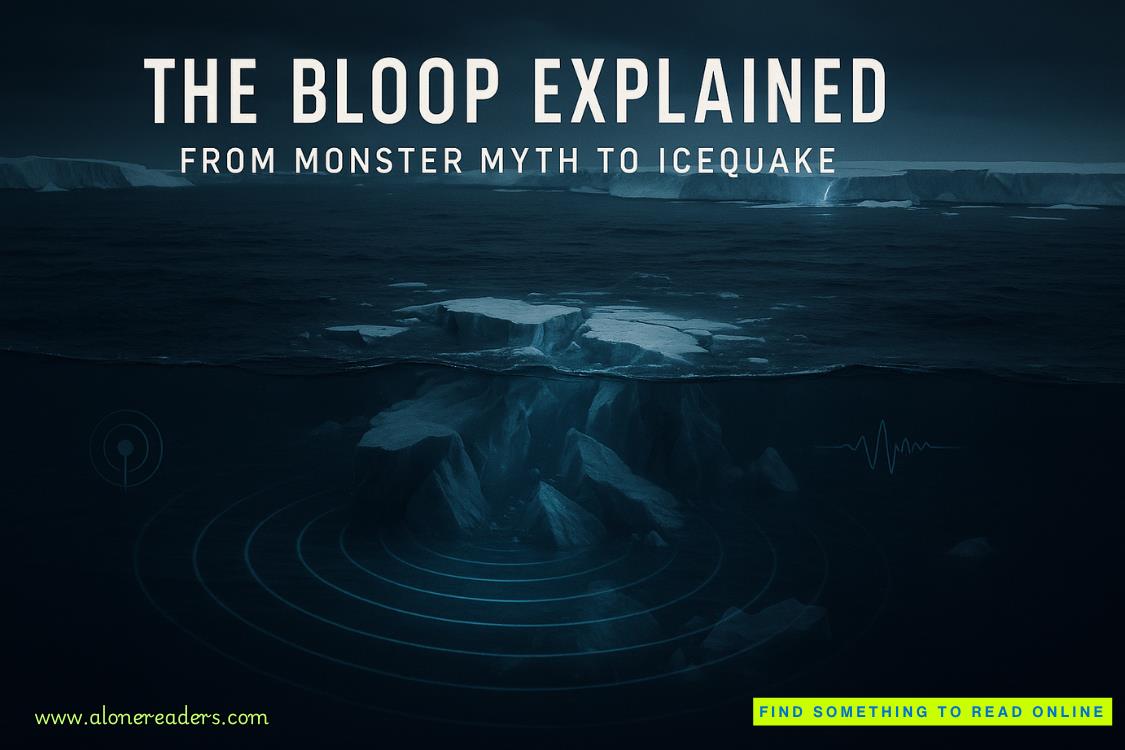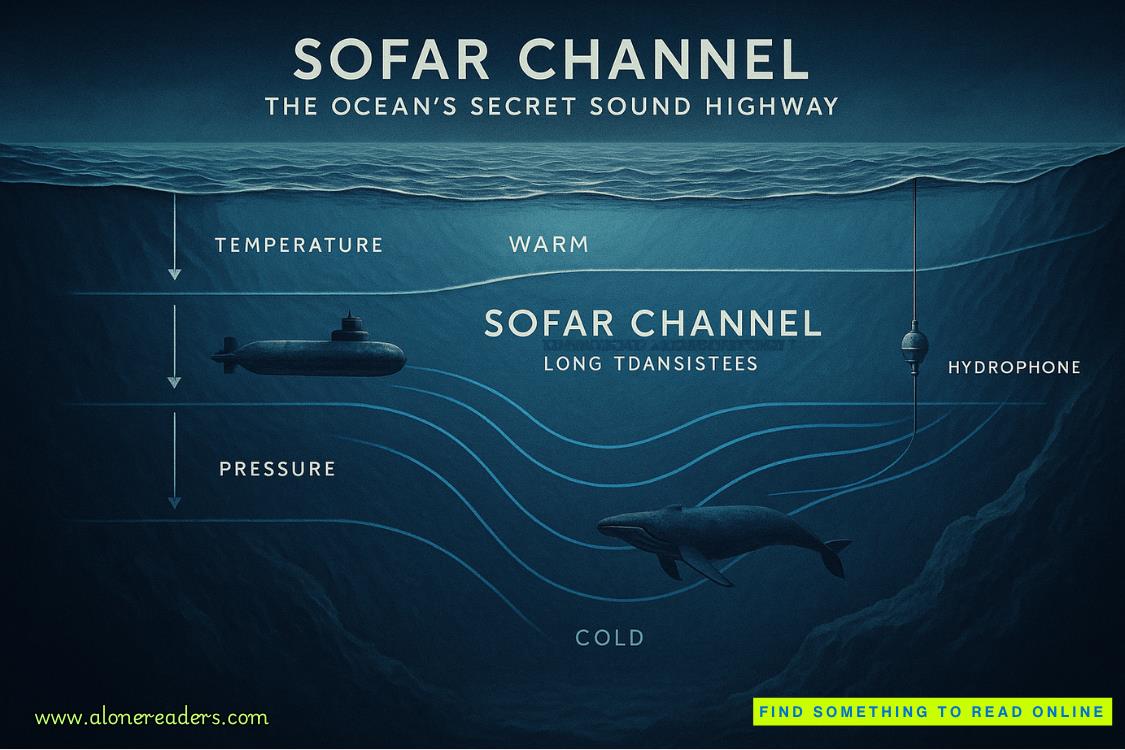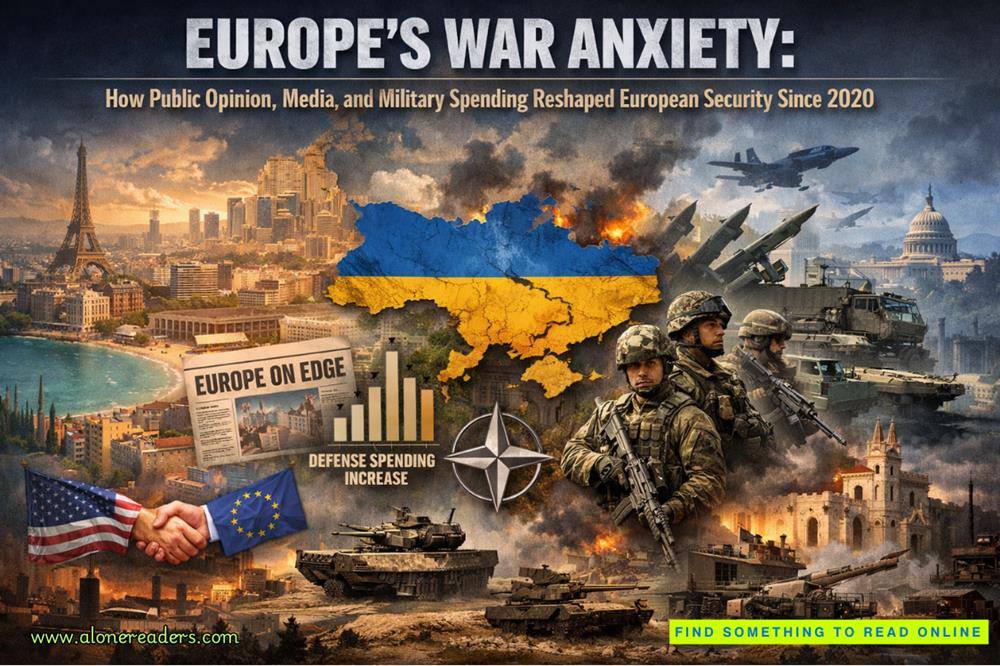It was about showing Elliot that fire wasn't the only thing that could transform someone.
Sometimes, you became something new by choosing not to break.
"Your move," I whispered to the empty road behind me, knowing he'd hear it somehow.
Dad's voice echoed in my memory: "Fire strips away everything but truth." He'd been wrong. Or maybe Elliot had twisted his words into something unrecognizable.
The truth wasn't in the flame—it was in choosing to keep moving when everything in you wanted to break. In refusing to become someone else's twisted masterpiece.
The timing chip on my ankle beeped as I crossed the sensor mat, officially marking me as off-course. It didn't matter. I was racing toward something else now.
And I wasn't running alone anymore.
Chapter twenty-three
James
The transition zone churned with bodies in motion—athletes, volunteers, and spectators swirling together in a frantic jumble of technical gear and race numbers. My attention focused on a familiar figure jogging into view, and my brain worked hard to process what I saw.
Marcus was on foot—running in from the bike course.
No bike. No carbon fiber frame. Only Marcus, limping slightly and covered in road grime, pushing through the crowd with the kind of focus that meant he was barely holding himself together.
"What the hell?" Michael's voice at my shoulder matched my internal confusion.
Something was deeply wrong. Athletes didn't abandon $10,000 bikes mid-race without cause. They didn't appear on foot during the cycling leg unless—
My mind spun through the possibilities, each worse than the last. Mechanical failure. A crash. Sabotage.
Elliot.
"His right side." Michael's tactical assessment cut through my spiraling thoughts. "He's favoring it."
He was right. Marcus's usual fluid athleticism had shattered. A muscle in his jaw twitched as he pushed through clusters of concerned volunteers. Their offers of water and medical support bounced off him like rain on curtains of steel.
In my head, I recorded every detail with desperate precision. Marcus's gaze remained fixed forward as if looking anywhere else might break his fragile composure.
"James." Michael's voice sharpened. "What are you seeing?"
"Impact trauma. The gait compensation suggests he hit the ground hard, but he walked—no, ran—away from whatever happened out there."
The unspoken truth hung between us: Marcus shouldn't have been able to walk away. That was never part of Elliot's script.
Which meant this was only the beginning.
Marcus reached his transition rack, his movements mechanical as he checked his run gear. A volunteer approached with a clipboard, probably to log his bike's absence, but Michael intercepted them with a sharp gesture. The tension in Marcus's shoulders told me he was aware of our presence but couldn't—or wouldn't—acknowledge us yet.
A flicker of movement caught my attention. Someone cut through the crowd, weaving between athletes and gear racks like water, finding the path of least resistance. The hair on my neck prickled.
Everyone else moved with either the frantic energy of racing or the organized chaos of race support. This person moved with purpose and intent.
"There." I grabbed Michael's arm, my fingers digging into his bicep. "Gray jacket. Moving toward Marcus's rack."
Elliot.
"Marcus!" The commotion of race announcements and crowd noise buried my shout. I was already jogging, shouldering past a cluster of spectators.
The crowd became a maze of obstacles—discarded water bottles, gear bags, and volunteers with outstretched arms offering hydration. Each barrier slowed me enough that Elliot maintained his lead. He glanced back once, long enough for me to catch the curl of his lips. Not quite a smile. More like satisfaction.















